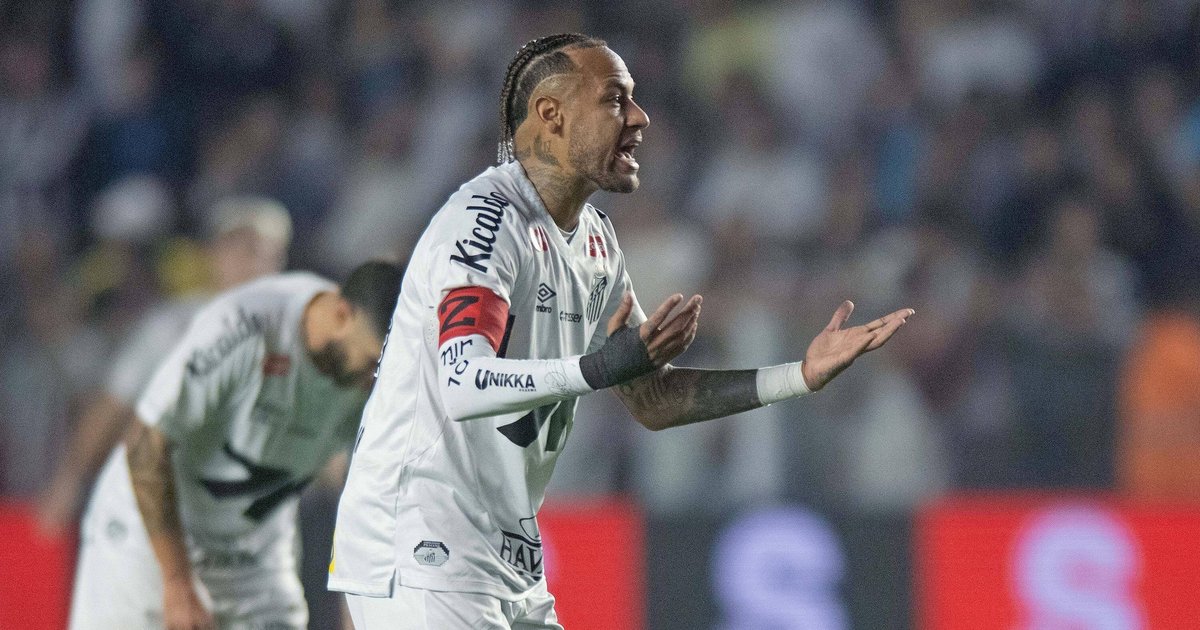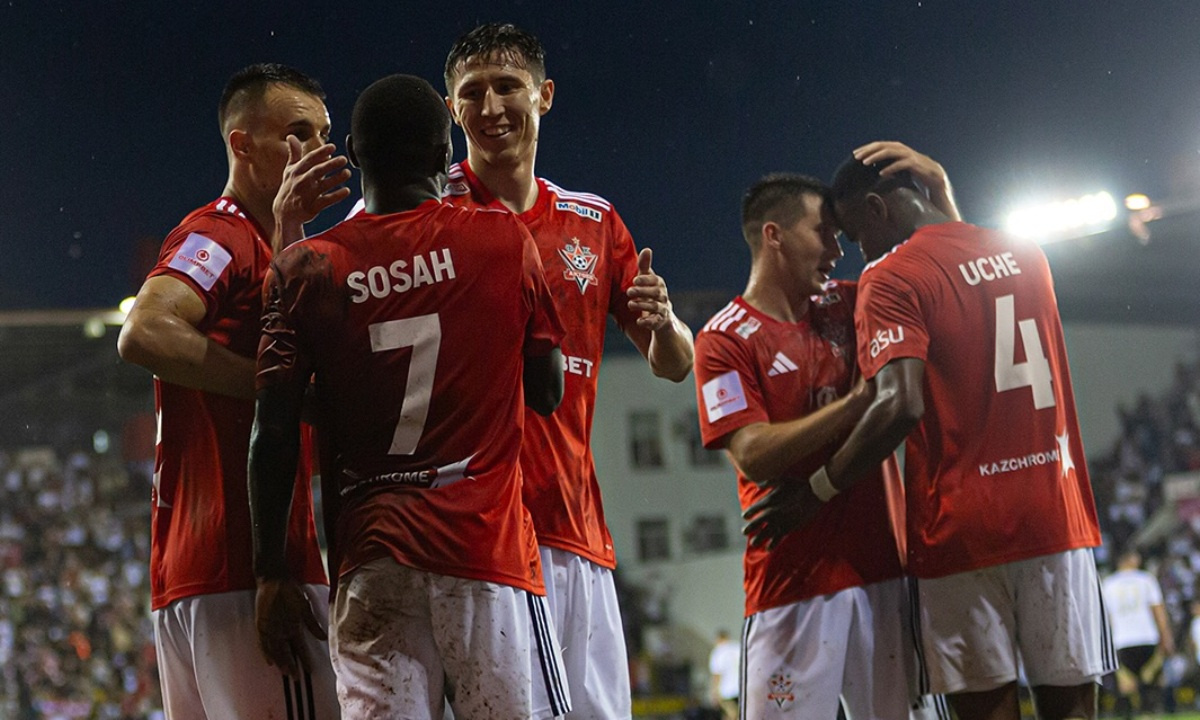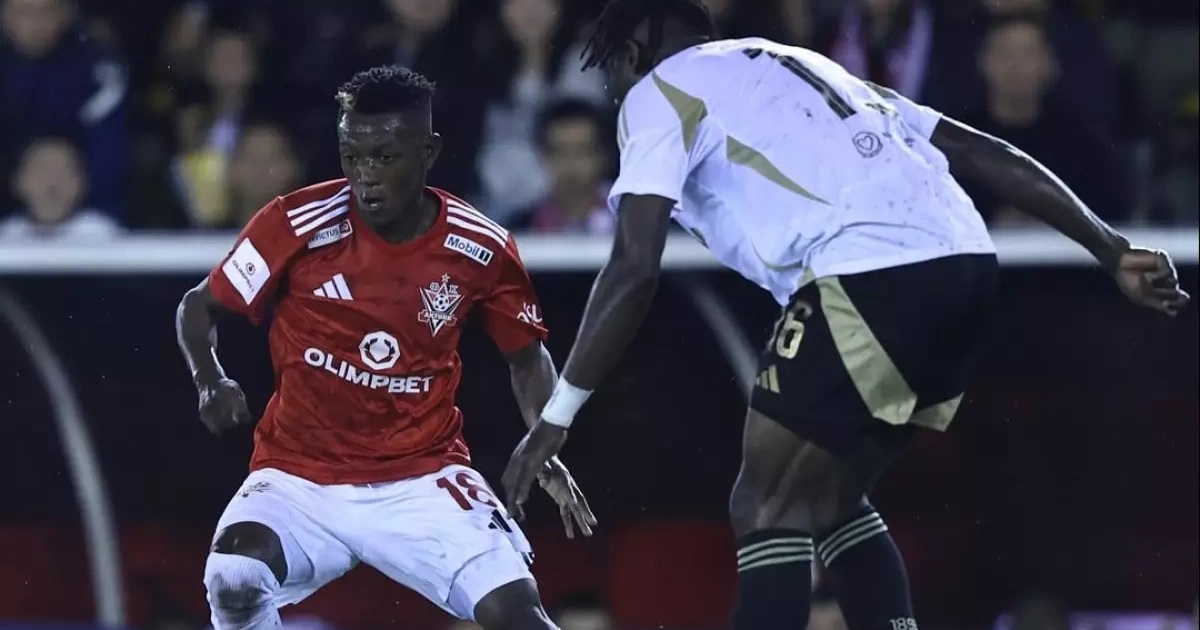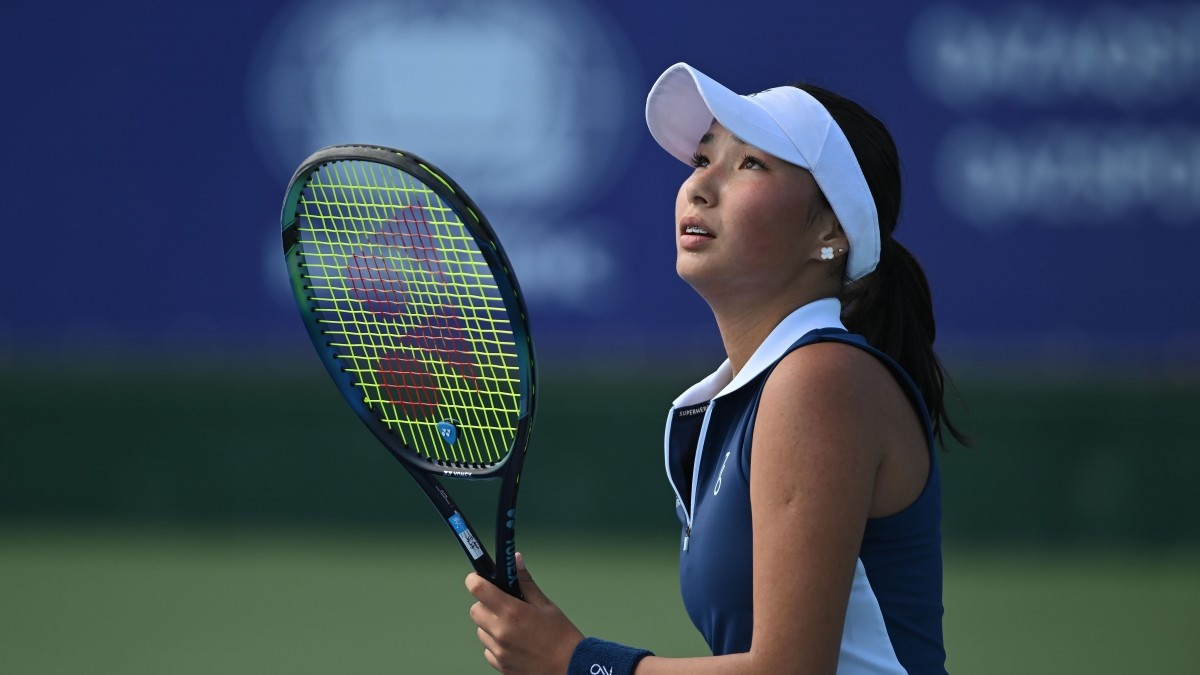Iran’s Foreign Ministry described today’s meeting with the European Troika as a chance to test the bloc’s realism and encourage a shift in its approach to nuclear negotiations. Tehran called for a balanced, non-pressured dialogue while reaffirming its commitment to diplomacy.
Iran: Meeting With European Troika Tests Realism on Nuclear Issue
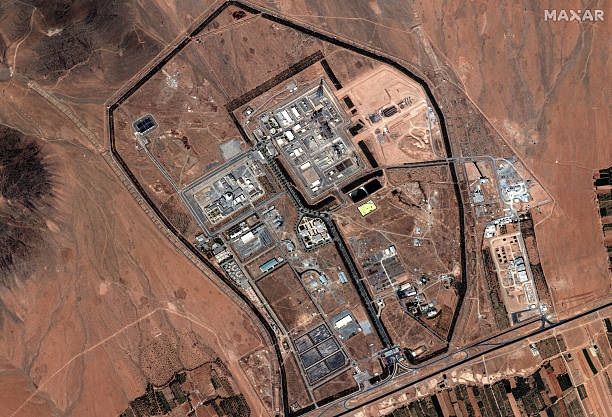

Iranian Foreign Ministry: Meeting With European Troika a Chance to Test Realism on Nuclear Talks
Tehran – July 25, 2025 — Iran’s Foreign Ministry has characterized today’s high-level meeting with the European Troika — comprising the United Kingdom, France, and Germany — as a critical opportunity to assess the bloc’s “realism” and to encourage a reassessment of its stance on Iran’s nuclear program.
The statement, delivered by Iranian Foreign Ministry spokesperson Nasser Kanaani during a press briefing, emphasized that Tehran remains committed to diplomacy but expects the European powers to abandon what it called “unconstructive and politically motivated approaches” to the ongoing nuclear dialogue.
"Correcting Misconceptions"
“Our meeting with the European Troika today is an opportunity to test its realism and correct its view on the nuclear issue,” Kanaani said. “For negotiations to progress, a realistic, balanced, and non-pressurized approach must replace past policies rooted in double standards and external influence.”
The talks come amid growing international concern over Iran’s nuclear activities, which Western powers claim have expanded well beyond the limits set by the now-defunct Joint Comprehensive Plan of Action (JCPOA). Iran, for its part, maintains that its nuclear program is peaceful and insists that it is prepared to return to full compliance — provided all sanctions are lifted.
Context: Stalled Talks and Mounting Tensions
Efforts to revive the 2015 JCPOA have stalled repeatedly over the past two years, largely due to disputes over the sequencing of sanctions relief and nuclear rollbacks. The U.S. withdrawal from the agreement in 2018 and its subsequent “maximum pressure” campaign on Iran led to Tehran gradually breaching its nuclear commitments.
Although indirect U.S.-Iranian talks have resumed intermittently with EU mediation, progress has been minimal. The European Troika, which remains formally committed to the JCPOA, has taken a firmer line in recent months, accusing Iran of failing to cooperate with international inspectors and enriching uranium to near weapons-grade levels.
Diplomacy vs. Pressure
Kanaani warned that continued diplomatic pressure and sanctions by the European states would not lead to any positive outcomes. “The era of threats and coercion has ended,” he said. “What we expect is a diplomatic process based on mutual respect and adherence to past commitments.”
The spokesperson also reiterated Iran’s demand for “guarantees” that any future agreement would be respected regardless of changes in Western governments — a key sticking point that has complicated negotiations, especially in the wake of U.S. political uncertainty.
European Response
While there has been no immediate public reaction from the European Troika following today’s meeting, diplomats familiar with the discussions indicated the talks were “frank and focused” on both nuclear and regional security concerns. European officials have previously stated that Iran must restore trust by fully cooperating with the International Atomic Energy Agency (IAEA) and ceasing its uranium enrichment beyond civilian-use thresholds.
The Path Forward
Despite years of setbacks, analysts say today’s meeting may serve as a temperature check for whether there is still political will on both sides to revive nuclear diplomacy.
“This meeting isn’t likely to produce a breakthrough,” said a European diplomatic source, “but it’s essential to keep the lines of communication open at a time when the stakes are rising across the region.”

 বাংলা
বাংলা  Spanish
Spanish  Arabic
Arabic  French
French  Chinese
Chinese 
